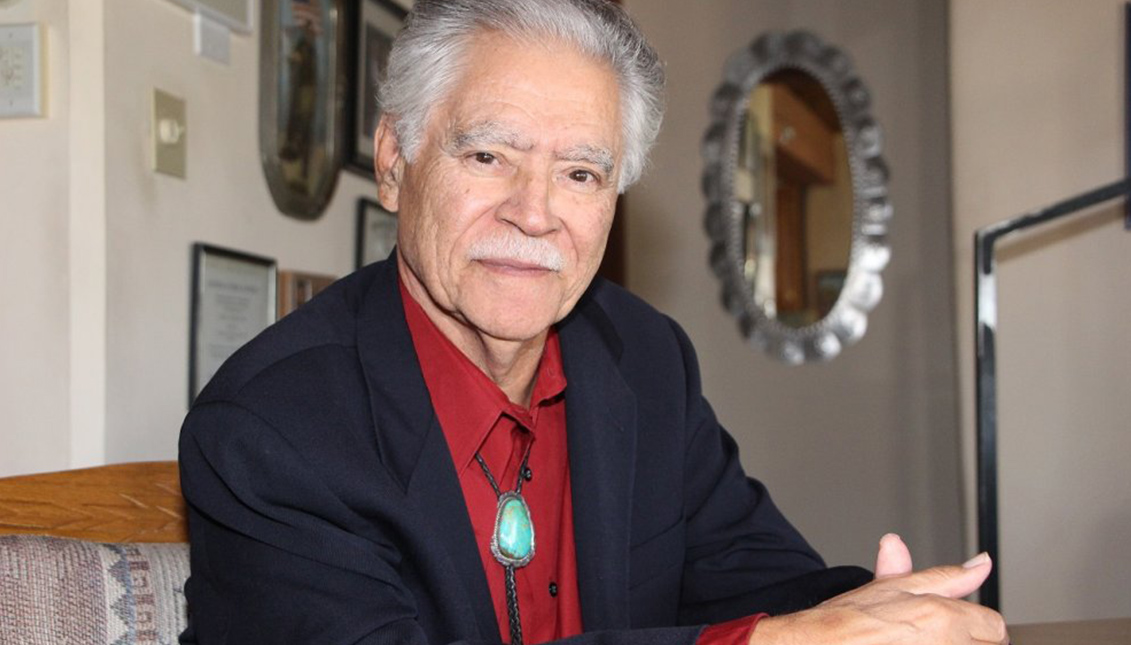
Rudolfo Anaya, pioneer of Chicano literature, dies at 82
The novel Bless Me, Ultima inspired an entire generation of Mexican-American authors in the 1970s.
One day, Rudolfo Anaya was writing in his room when a woman suddenly appeared in the doorway. Not a woman of flesh and blood, but a muse. THE muse. "It will never be right unless you put me in it," the woman said, referring to what Rudolfo was writing. He asked her who she was, to which the muse replied, "I am Ultima."
From this divine spark came, according to the writer, a work that would open the way for the Chicano literary movement in the United States. It is entitled Bless me, Ultima, and it blessed him, because the 1972 novel that tells the story of a young Chicano and his relationship with a healer in World War II is now considered by critics as a foundation that would encourage many other Mexican-American authors to write, creating a wide range of cultural references and images that remain to this day.
Last Sunday, the writer died at his home in Albuquerque, New Mexico, after a long illness, according to his niece, Berlinda Henry.
However, the colossal work of this author born in Pastura, New Mexico, and inspired since youth by the region's Spanish-speaking oral narrators, has left a great artistic and historical trail, bringing a piece of magical realism to the United States. A trail that began, ironically enough, with Ultima.
The book was published at the height of the Mexican-American people's civil rights struggles. It was a pulse between assimilation into the dominant white culture or the maintenance and pride of one's roots at a time when young Latinos were barely finding their own literary references in universities.
Bless me, Ultima began to move from activist circles to community centers, alongside the poetry of Lorna Dee Cervantes or Tomas Rivera's Earth Did Not Devour Him.
"I felt completely transported the first time I took Bless Me, Ultima," novelist and poet Rigoberto Gonzalez, who was a disciple of Anaya, told the AP. "Somehow I was able to capture the landscape of our community and make us proud."
RELATED CONTENT
With prose that is as imaginative as it is unstoppable, Rudolfo Anaya also brought Chicano detective Sonny Baca to life and wrote many other novels that earned him the fame he needed to start a creative writing program at the University of New Mexico and a Latino writers' retreat in Jemez Spring.
Interestingly, Bless me, Ultima was banned from some Arizona schools because of an ultraconservative campaign that feared an uprising of Latinos against the federal government. On campuses and among critics, however, the novel continued to be a point of reference, so much so that they countered the short-sightedness of politicians by taking the works of Anaya and other Latino authors to libraries near the schools where the novel was banned.
In 2013, Anaya's novel inspired by his muse, Última, was made into a film and three years later the National Hispanic Cultural Center in Albuquerque announced that it was working on its operatic version.
The Chicano also received the National Humanities Medal from President Barack Obama in 2016. By then, Rudolfo Anaya was already suffering from health problems and received his medal in a wheelchair.
Now that it's time to make visible those works and authors who have been beacons for Latinos in the United States, Anaya's stories are the true testimony of what it means to be born in this country and to have roots in another.


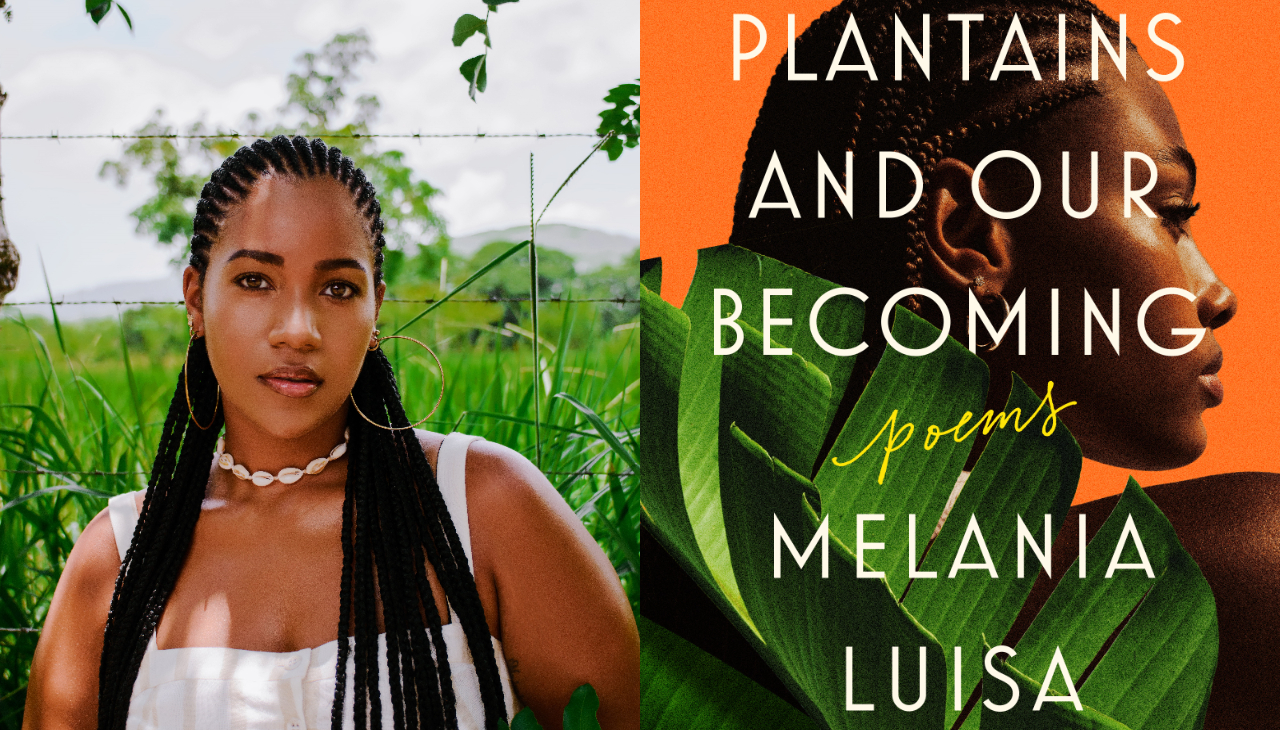
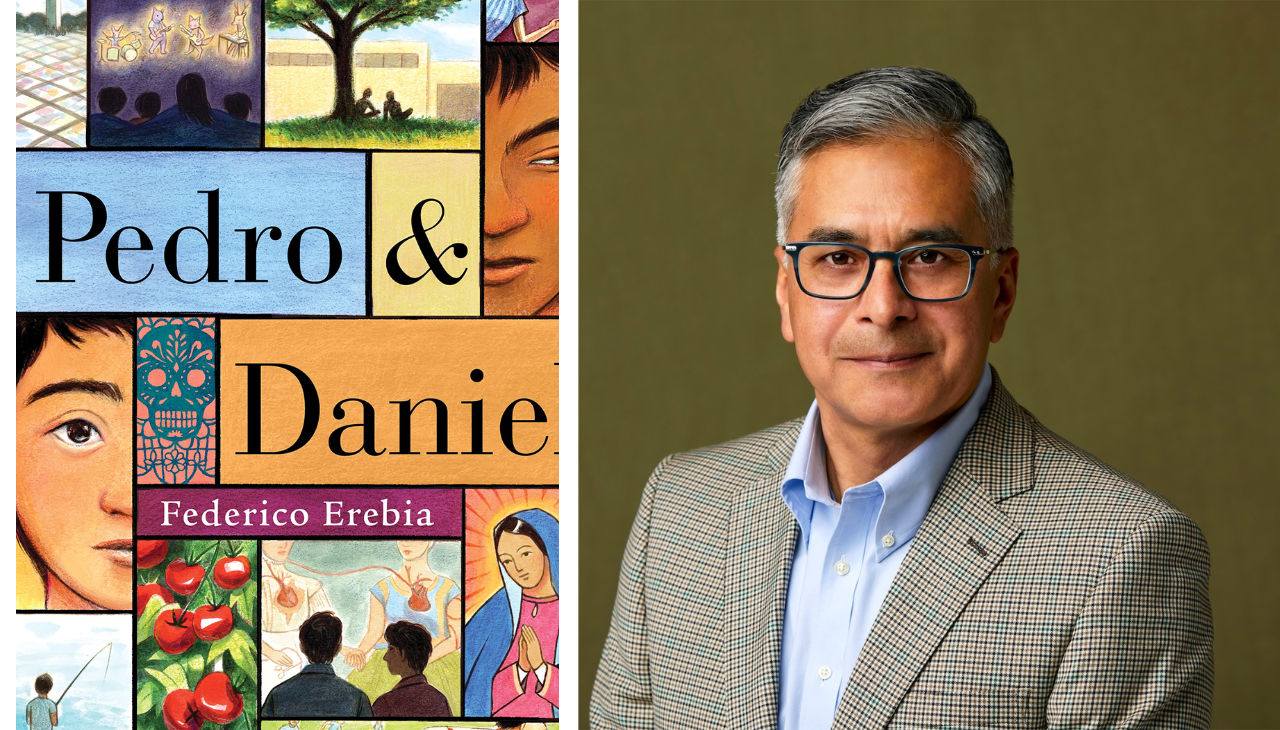
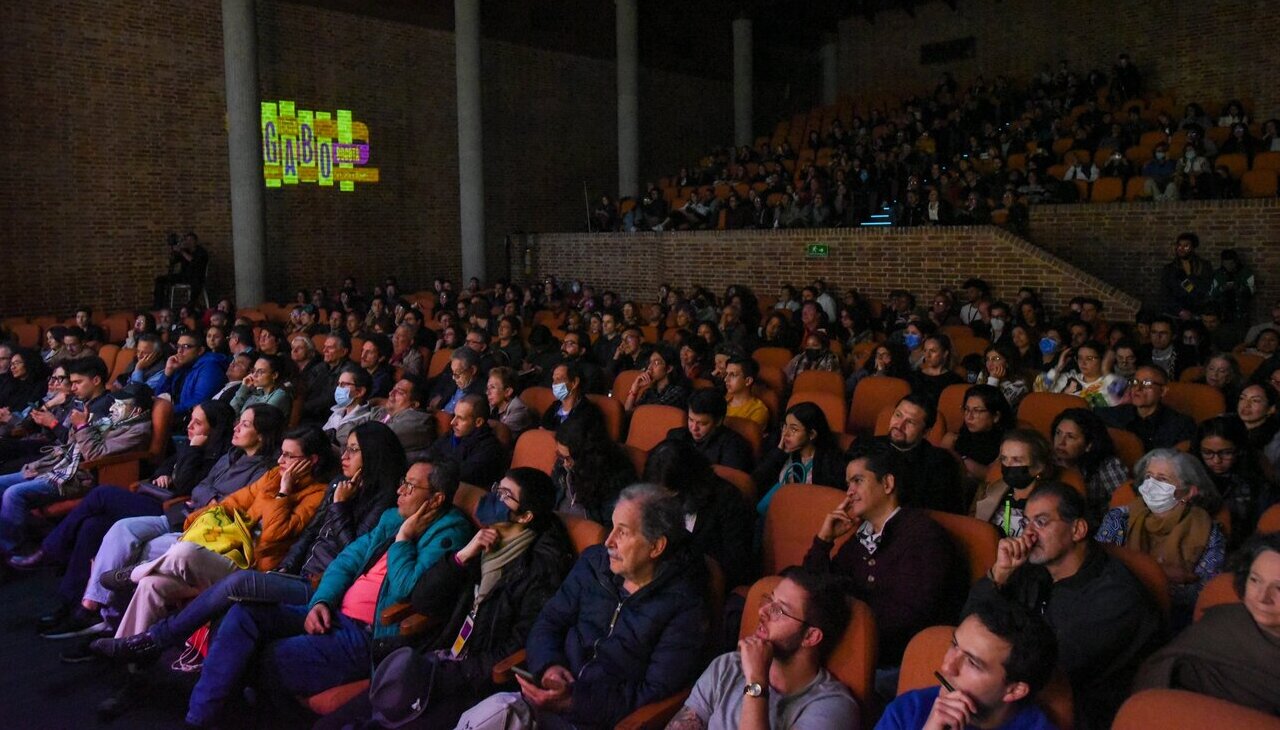
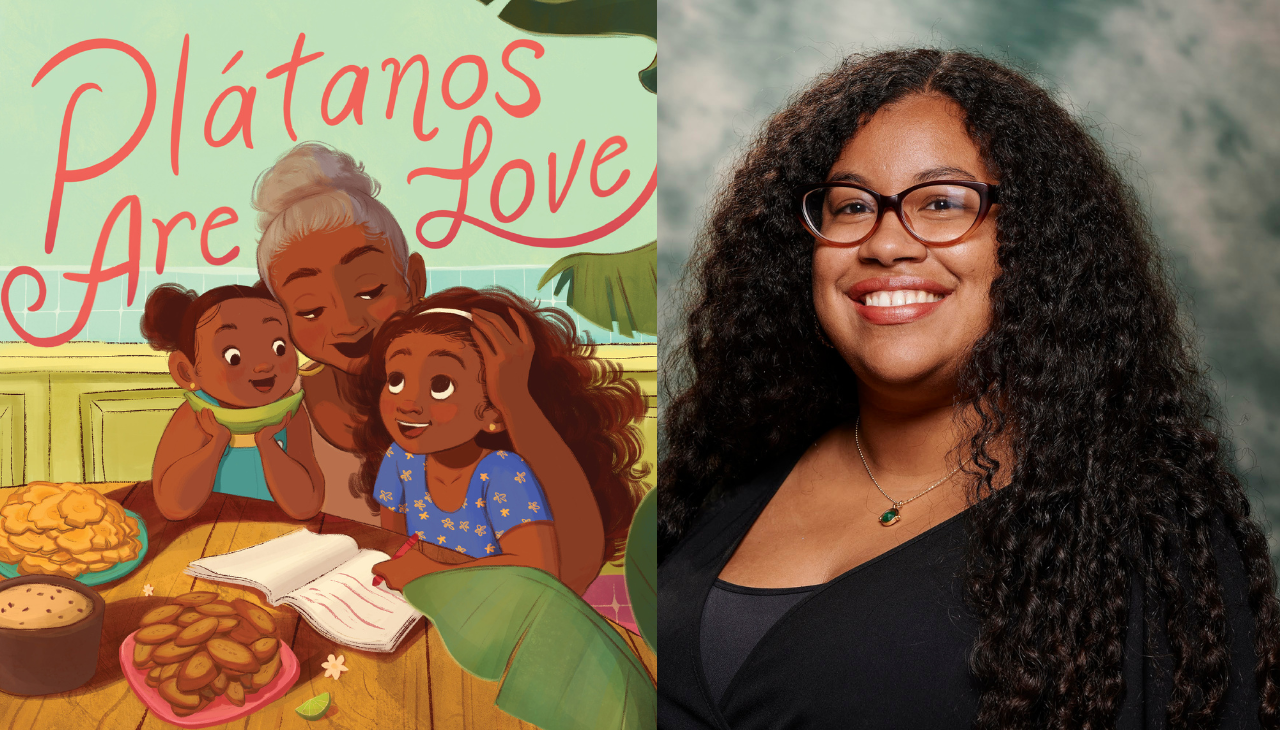
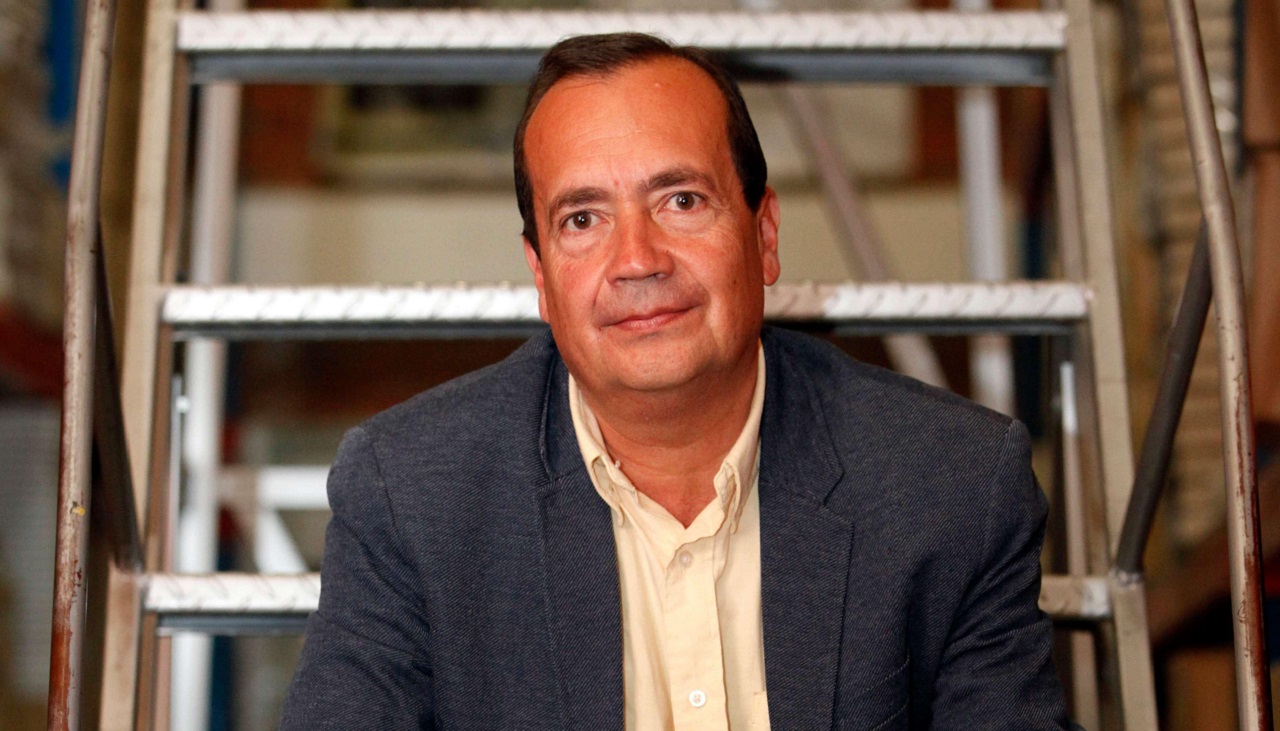
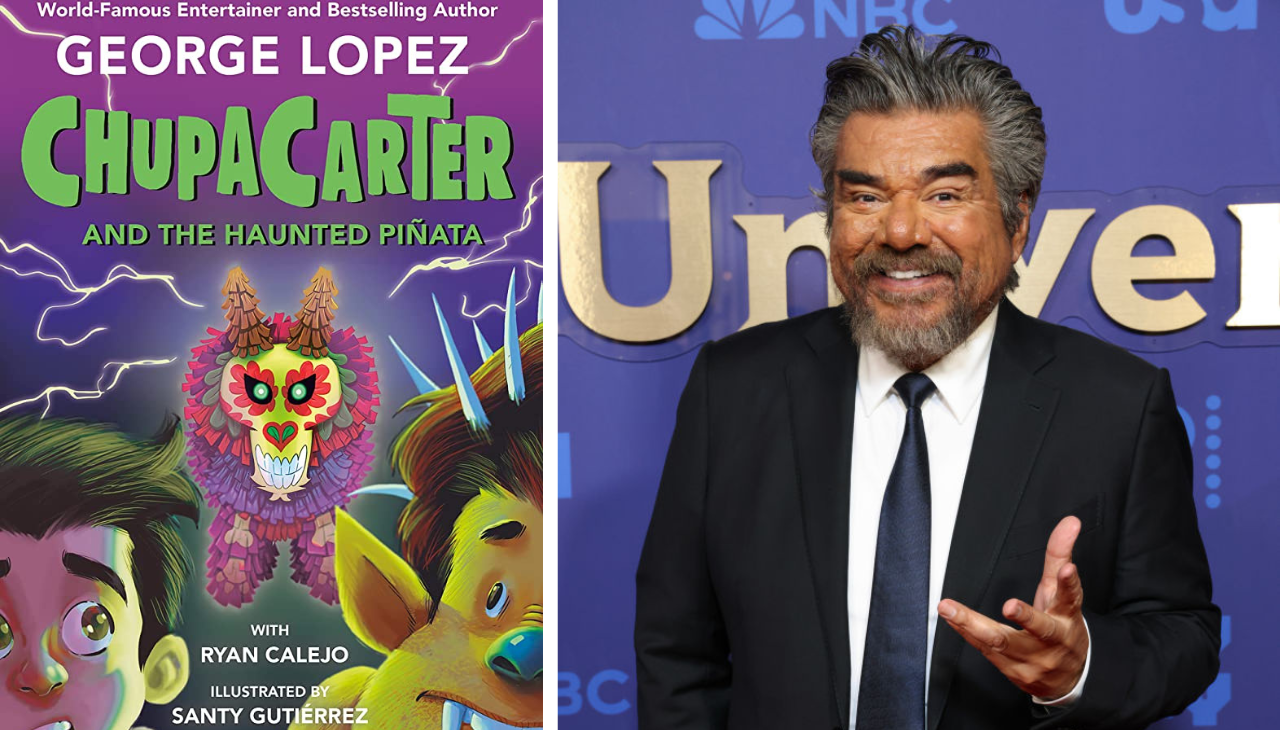

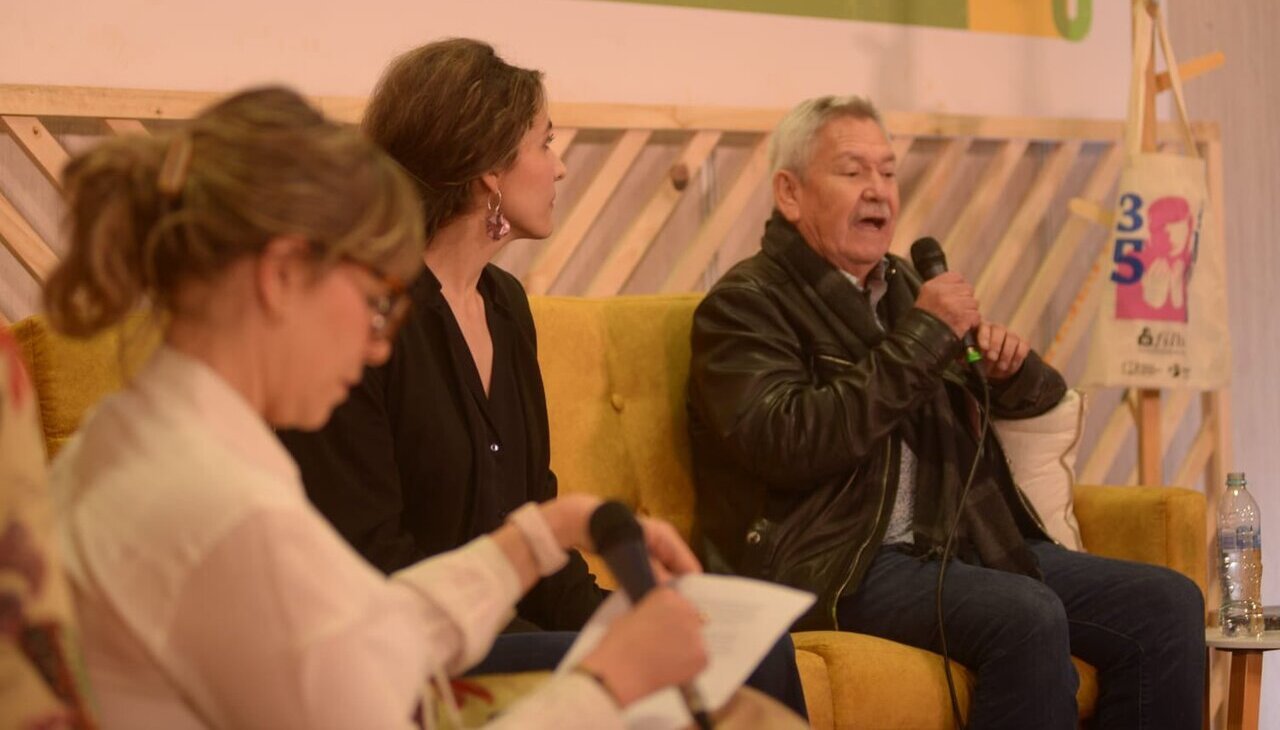

LEAVE A COMMENT:
Join the discussion! Leave a comment.